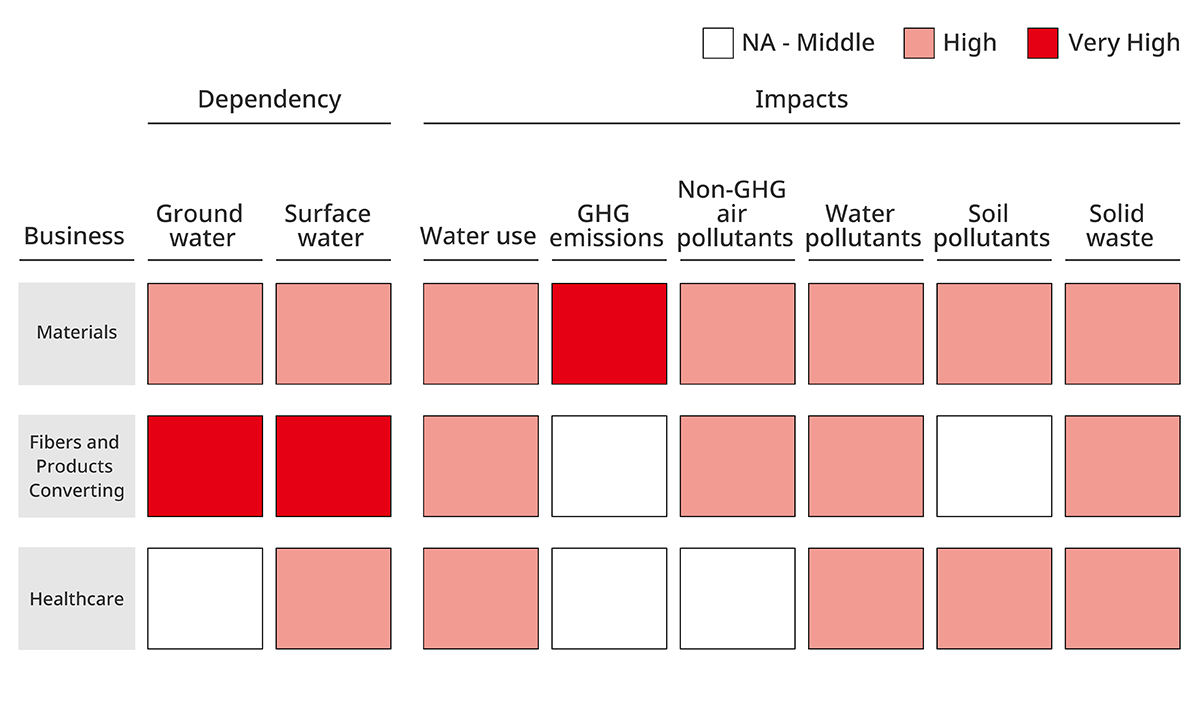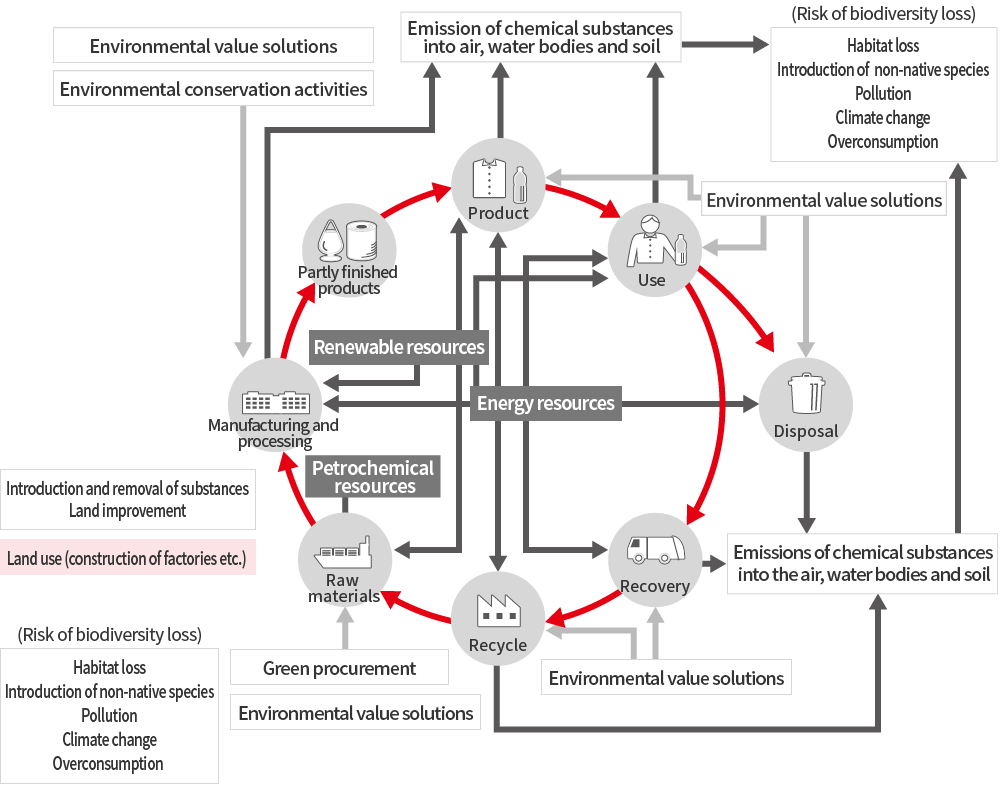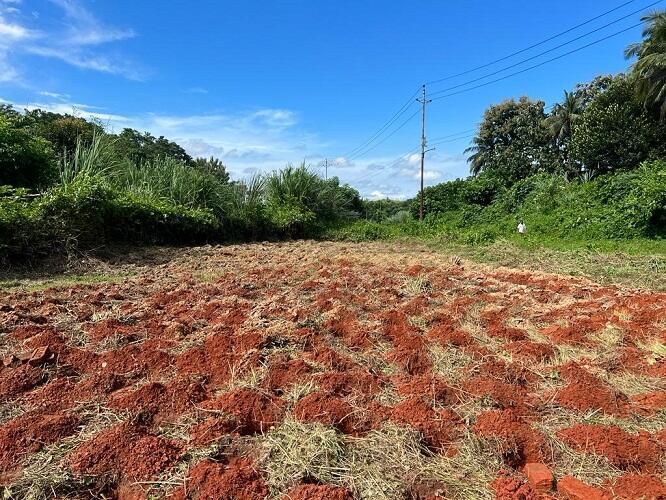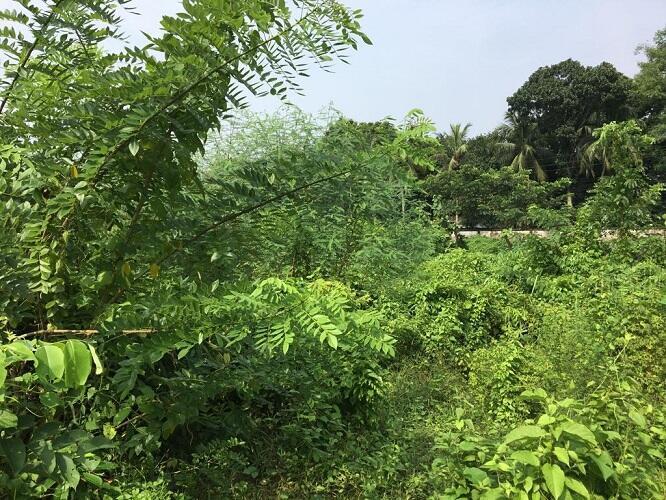Biodiversity
Analysis of Dependence and Impact on Nature
Referring to the LEAP approach recommended by TNFD, the Teijin Group has conducted an analysis of the dependencies and impacts on nature in each business unit, making use of ENCORE*. Based on the results of an analysis of the level of impact of ecosystem services in relevant sectors and the impact on nature caused by impact drivers, we confirmed that primarily the Materials Business and the Fibers & Products Converting Business are dependent on groundwater and surface water. In addition, these businesses have an impact on nature through water use, greenhouse gas (GHG) emissions, non-GHG air pollutants, soil pollutants, and solid waste.
- *ENCORE (Exploring Natural Capital Opportunities, Risks, and Exposure): A tool jointly developed by the Natural Capital Finance Alliance (NCFA)--a network of international financial institutions--and the United Nations Environment Programme World Conservation Monitoring Centre (UNEP-WCMC), among others. Its purpose is to help private companies understand the level of their dependence and impact on natural resources.
Teijin Group's Dependence and Impact on Nature

In addition, the Group has created a Risk Map of Biodiversity Loss Due to Business Activities that visually presents the factors that affect biodiversity arising from business activities in the Materials Business and the Fibers & Products Converting Business. We are developing conservation activities based on the recognition of the impact our business activities have on natural capital and biodiversity.

Initiatives
Initiatives to Reduce CO2, Landfill Waste, Hazardous Chemicals, and Water
To reduce its environmental burden, the Teijin Group has established key performance indicators (KPIs) for CO2 emissions, water use, hazardous chemicals, and landfill waste and are pursuing relevant efforts accordingly. Please click on the following links for more details.
Initiatives for Green Procurement
When purchasing or procuring products and services, the Teijin Group recommends purchasing and procuring from suppliers that strive to reduce environmental burden in such ways as selecting products and services that consider the environment and have the smallest environmental burden possible. Please click on the following link for more details.
Initiatives to Address Marine Plastics
As a manufacturing company producing materials and other products, the Teijin Group has been striving to implement the 3Rs (Reduce, Reuse, Recycle) toward the realization of a recycling-oriented society, but we realize that even more effort is required. It is for this reason that we have identified "achievement of a circular economy" as a key issue. A society in which a consumption-only economy continues is not a sustainable one. The Group wants to contribute toward the shift to a circular economy in which, just like the natural ecosystem cycle, resources continue to circulate, and the "throwaway" concept does not exist. We will, of course, endeavor to recycle resources in our production activities. But even more, we will promote the circularization of society by, for example, encouraging material recycling based on local production for local consumption in which discharged resources are used as recycled products and returned to the market. In this way, we will also contribute toward resolving the increasingly serious problem of marine plastics. Please click on the following link for more details.
Teijin Forest in Bangladesh
The Teijin Group is committed to achieving net-zero emissions by 2050. To this end, we are reducing CO2 emissions from our business activities, phasing out coal-fired power generation, and pursuing technological innovations, including energy conservation, the shift to renewable energy, and process innovation. As part of these efforts, we are working on the Teijin Forest reforestation project to offset unavoidable CO2 emissions from our business activities, such as those from business-related air travel. This initiative is being carried out in collaboration with the University of Chittagong in Bangladesh, using the Japanese Miyawaki method of afforestation. The Teijin Forest was established in 2022 along both banks of a small river that runs through the University of Chittagong campus. This forest is planted with seedlings of endangered and critically endangered native plant species of Bangladesh, contributing not only to the removal of atmospheric CO2 but also to the rapid restoration of the degraded forest ecosystem. In this project, university students can learn about the entire life cycle of afforestation by planting seedlings of various species and monitoring their condition at the end of each semester over a four-year period. The students regularly manage the plantation, learning how to nurture seedlings, prepare the site, and procure compost--all while helping to create a small, thriving forest.
Teijin Forest within the University of Chittagong campus


